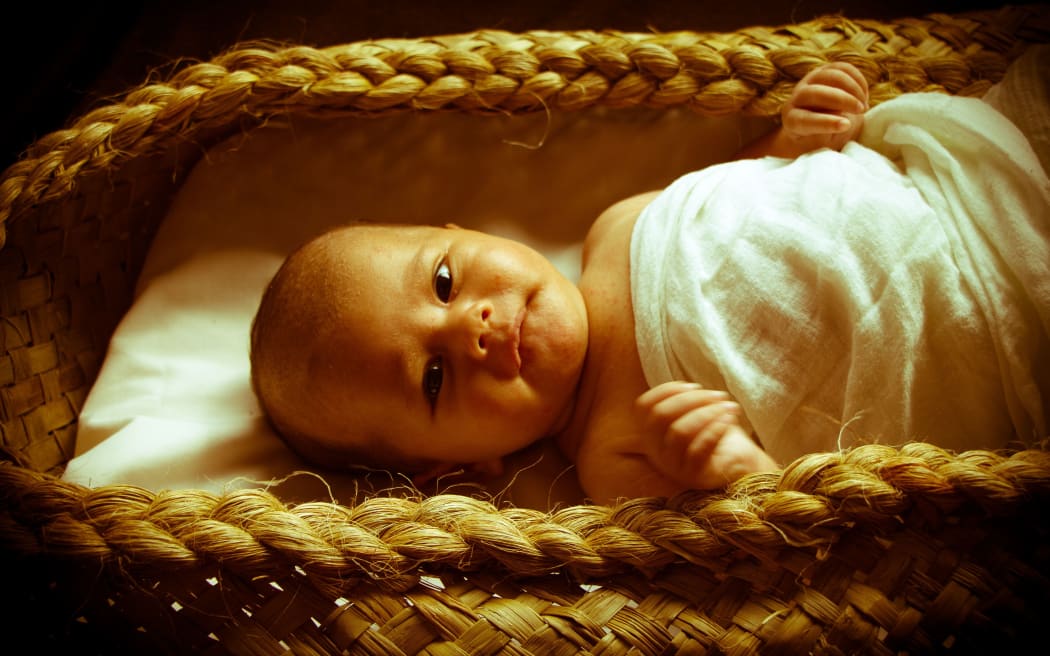New Zealand families will no longer be having enough babies to keep the population numbers at replacement level within a decade, a population expert says.

New Zealand is heading for sub-replacement fertility, as the number of babies being born decreases. Photo: Whakawhetū
A Ministry of Social Development report in 2010 showed the country had the highest birthrate among Organisation for Economic Co-operation and Development (OECD) countries for the previous year, and said New Zealand's total fertility rate had been relatively stable during the past three decades at just over two births per woman.
However, Massey University pro-vice chancellor of humanities and social sciences Paul Spoonley said immigrants last year exceeded babies as the main source of new arrivals in New Zealand.
"Immigration and net migration gains now contribute more to population growth than does natural fertility," he said.
"We are not below replacement fertility at the moment. We're quite unusual in the OECD - USA is probably the only country that's equivalent to us - but within the next 10 years we will go sub-replacement fertility."
Meanwhile, the number of babies born in Japan last year was the lowest on record, according to official figures.
Just over one million babies were born in Japan last year but nearly 1.3 million people died, and there are fears the nation's population will plummet during the next few decades, the ABC reports.
The Japanese Health Ministry said the decline - for the fourth year in a row - was inevitable as the number of young women had reduced.
Japan's population is expected to decline 127 million to 87 million by 2060 and there are fears many rural areas will be deserted and the workforce will shrink by a half if the trend is not reversed.

